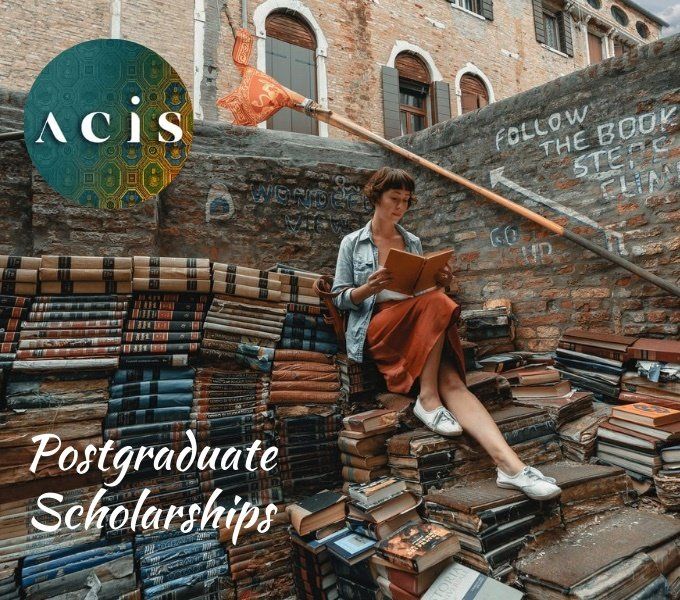Quaderno poetico #1: Our man Bigongiari
Theodore Ell University of Sydney
 The eyes follow you. They have been following me for six years. They belong to the Florentine poet Piero Bigongiari
(1914-1997), one of the so-called terza generazione
of ermetici.
I wrote my doctorate on Bigongiari and am turning my research into a book. ACIS has kindly given me the opportunity to keep a diary of the project, and over the next several months I will be posting snippets and vignettes from the desk.
The eyes follow you. They have been following me for six years. They belong to the Florentine poet Piero Bigongiari
(1914-1997), one of the so-called terza generazione
of ermetici.
I wrote my doctorate on Bigongiari and am turning my research into a book. ACIS has kindly given me the opportunity to keep a diary of the project, and over the next several months I will be posting snippets and vignettes from the desk.
This will not be so much “writing about writing” as a reflection on Bigongiari as a subject and as a presence: someone whose poems I read alongside his diaries and letters, whose voice I hear in recordings, whose loose and sometimes messy handwriting I have learned to decipher, and whose quirks and habits of mind are now very familiar to me, but who is not actually there. Few book subjects are, but there is still a feeling that they keep you company. How do you make your figure of interest seem real on the page? Bigongiari’s work may seem out-of-the-way, strange or difficult, but what are its real merits? What can it mean to us today? What is Bigongiari’s relationship to other poets of the last century, and what light do they shed on one another? And how, sometimes, do you manage to look away from those eyes that are following you all the time, and put your own opinion freely on the page?
 I’ve been asked many times why I chose Bigongiari and his circle for research. Often there is incredulity as much as interest behind that question. Bigongiari? But he isn’t read now!
All the more reason to try reading him. Bigongiari himself wrote, “La letteratura è una scienza nutrita da stupori.” They’re words researchers can live by: read the unread, open yourself to surprises.
I’ve been asked many times why I chose Bigongiari and his circle for research. Often there is incredulity as much as interest behind that question. Bigongiari? But he isn’t read now!
All the more reason to try reading him. Bigongiari himself wrote, “La letteratura è una scienza nutrita da stupori.” They’re words researchers can live by: read the unread, open yourself to surprises.
The truth is that even though Bigongiari might not be a household name, he has not been ignored. He published more than a dozen books of verse and many more works of criticism and prose; he was well known as an art critic and had a distinguished career as a professor of literature in Florence; he travelled widely, lecturing and serving on literary prize judging panels in Europe and the USA. He is still remembered in Florence and some works of his are set texts at the university there; even booksellers and antique-dealers remember him as a devoted customer. He is read in France and the USA, too; doctoral theses on his work appear from time to time. In Italian there is a good deal of interesting commentary, often written by people who knew Bigongiari and understood well his motives for writing. Perhaps there is not as much commentary as surrounds Montale, for instance, or Calvino, but that is the beauty of it: there is still plenty to say. The original writing is full of potential; there is plenty of space for new ideas and it is possible to get discussion in English going on a clear path, from basic principles that truly serve Bigongiari’s work rather than imposing criteria on it. And, above all, there is the archive, which is vast. Bigongiari’s manuscripts, letters, diaries and notes, like those of his contemporaries, are now open to research, making it possible to interpret how the meanings of the published texts came into being.
All kinds of research projects start from a fascination for a person or a piece of history – from a pair of eyes, or several pairs of eyes, following you around. This diary comes out of just one story of what happens when you return that gaze and get to know the figure looking at you. I hope readers may respond with stories of their own. Surprises may lie ahead.
Share this:
- Share on Tumblr
- </div></li><li class="share-end"/><li class="share-reddit"><div class="reddit_button"><iframe src="https://www.reddit.com/static/button/button1.html?newwindow=true&width=120&url=https%3A%2F%2Facis.org.au%2F2013%2F08%2F19%2Fquaderno-poetico-1-our-man-bigongiari-2%2F&title=Quaderno%20poetico%20%231%3A%20Our%20man%20Bigongiari" height="22" width="120" scrolling="no" frameborder="0"/></div></li><li class="share-end"/></ul></div></div></div></div></div> <div id="jp-relatedposts" class="jp-relatedposts"> <h3 class="jp-relatedposts-headline"><em>Related</em></h3> </div></div> </div>








